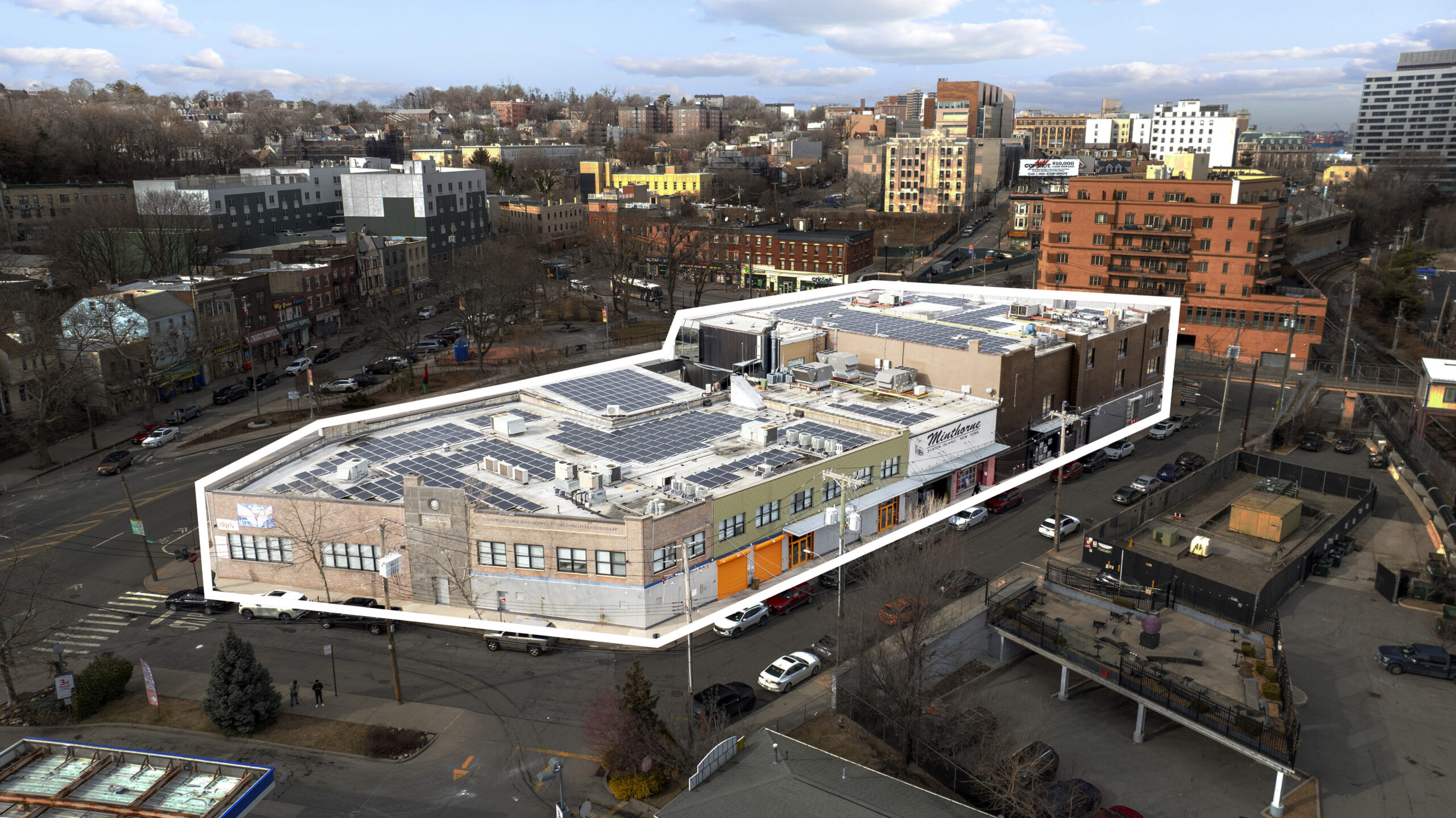The Most Likely Energy Offenders
There are four main culprits for extreme energy use. Unfortunately, these are also electronics we rely on to make life easier.
Heating and Cooling
When combined, it costs around $800 a year to heat and cool the average household. HVAC systems account for nearly 50% of your monthly energy bill.
That makes HVAC systems the top priority when you start home improvements to save on the bills.
Upgrading your HVAC system to an energy-efficient one can save you around $115 each year.
Water Heater
Water heaters account for about 14% of overall energy use. If you have a heated pool, that percentage shoots up to nearly 20% of each energy bill.
The reason water heaters use so much energy is poor insulation. Insulating the heater and the hot water pipes cut down on how often the heater runs.
Washer and Dryer
Washing machines use double the energy if you don’t adapt to energy-efficient methods.
Not only do they need electricity to run, but washers also use around 25 gallons of hot water. That forces the water heater to run more often.
Combined, the washer and dryer use around 14% of your monthly energy totals.
Lighting
12% of your monthly energy bill goes toward lighting.
Most houses have anywhere from 20-50 light bulbs. That’s a lot of potential energy-using sources to track.
People often take light bulbs for granted. We assume that bulbs that are rarely used aren’t adding to the bill.
This neglect means the bulb doesn’t get replaced with an energy-efficient one until it dies.
Hidden Energy Vampires
Entertainment at home is one of the key ways people relax. But is your streaming TV habit adding to your energy bill?
First, you have to ask, how many watts does a TV use? Modern LCD TVs over 42 inches use around 200 watts.
Now add in the cost to run your various blu-ray players and gaming consoles. All of which use standby energy by the way. So not only does it cost to use them, but just having them plugged in adds to your bill.
Gain control of home energy use problems by embracing modern technology. Smart home systems often come with detailed energy-usage reports. Use them to see which electronics need energy-efficient upgrades.
Understand What Uses the Most Energy and Save on Your Next Bill
Keeping your bills low means learning what uses the most energy. From there you can make a plan to improve your electronics or limit their usage.
Consider smart home systems to track how much electricity is needed for each item. They make saving money a sure thing instead of a guessing game.
For more tips to help homeowners save money, check out our blog.







Leave a Comment